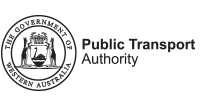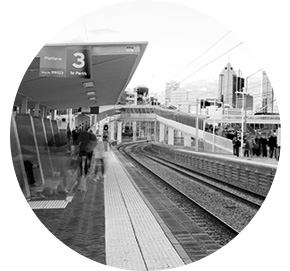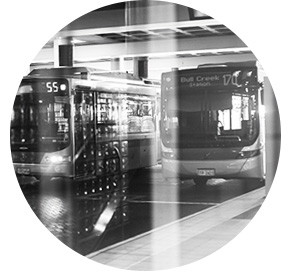- Home
- Operational Report
- Performance Report
- Regional (orange school buses)
Regional (orange school buses)
The PTA manages the Government’s policy and entitlement framework, provides system support and manages the contract arrangements of more than 900 orange school bus services around the state.
These buses provide access to school for students in rural areas, picking them up from the farm gate (where appropriate) as well as providing access to schools in the metropolitan area for students attending special education facilities. Responsibility for the management of these services rests with the SBS branch.
These numbers include four cluster contracts made up of 50 contract school buses that are funded by the Department of Education (DoE) and administered by SBS. These services do not form part of the policy and entitlement framework for transport assistance.
Where eligible students cannot be accommodated on a school bus, their parents/carers are paid a conveyance allowance to offset the cost of getting their children to the nearest appropriate school.
Fleet
As at June 30, the school bus network was made up of 824 contract school buses servicing mainstream schools, and 124 servicing special education facilities. All orange school buses are operated by private contractors and in 2013-14 there were three contract service models.
- ECM (evergreen contract model ) contracts (five-year term) – 684 contracts (684 services).
- CRM (composite rate model) contracts (balance of 20-30-year term) – three contracts (three services).
- Fixed-term contracts (1-15 year tendered term) – 148 contracts (148 services).
- Regional school bus cluster contracts (15-year contract term) – six contracts (63 services).
- DoE funded cluster contracts – four contracts (50 services).
Patronage
Around the state, the services were accessed each school day by an estimated 27,792 students, using mainly the contracted orange school buses.
SBS: Student patronage

The 2013-14 student data snapshot shows a 4.7 per cent decrease in the number of eligible students receiving school bus transport assistance. This is largely artificial, being the result of data cleansing in our Contract Administration System (CAS) database, where a large number of duplicate records relating to student travellers was discovered and removed.
The number of student travellers in the specific operational regional was as follows:
| Region | 2013-14 Student data | 2012-13 Student data | Percentage change |
|---|---|---|---|
| Gascoyne | 172 | 133 | 29.3% |
| Goldfields Esperance | 1,206 | 1,336 | -9.8% |
| Great Southern | 2,780 | 3,345 | -16.9% |
| Kimberley | 877 | 1,240 | -29.2% |
| Metropolitan | 5,693 | 5,328 | 6.9% |
| Mid West | 1,508 | 1,545 | -2.4% |
| Peel | 2,879 | 2,974 | -3.2% |
| Pilbara | 316 | 409 | -22.9% |
| South West | 7,578 | 7,840 | -3.3% |
| Wheatbelt | 4,783 | 5,003 | -4.4% |
| Total | 27,792 | 29,153 | -4.7% |
Capacity
Around the state, our services covered an average of 165,137km each school day, totalling 32.7 million contract service kilometres for the year.
SBS: Average daily service kilometres (thousands)

In the specific operational regions, service kilometres were:
| Region | 2013-14 Average daily kilometres |
2012-13 Average daily kilometres |
Percentage change |
|---|---|---|---|
| Gascoyne | 521 | 519 | 0.4% |
| Goldfields Esperance | 9,497 | 9,598 | -1.1% |
| Great Southern | 19,393 | 19,382 | 0.1% |
| Kimberley | 5,434 | 5,336 | 1.8% |
| Metropolitan | 26,452 | 26,333 | 0.5% |
| Mid West | 11,529 | 11,445 | 0.7% |
| Peel | 11,604 | 11,239 | 3.2% |
| Pilbara | 2,642 | 2,652 | -0.4% |
| South West | 29,964 | 29,849 | 0.4% |
| Wheatbelt | 48,101 | 48,441 | -0.7% |
| Total | 165,137 | 164,795 | 0.2% |
Reliability (per cent)
The service reliability measure covers rural mainstream services and education support school buses in the metropolitan area, and is based upon arrival less than 10 minutes before school starts and departure less than 10 minutes after school finishes.



